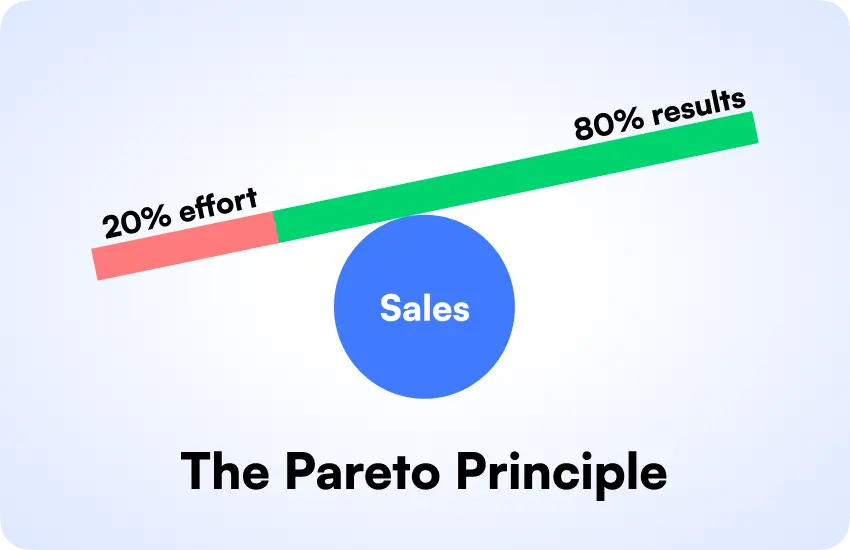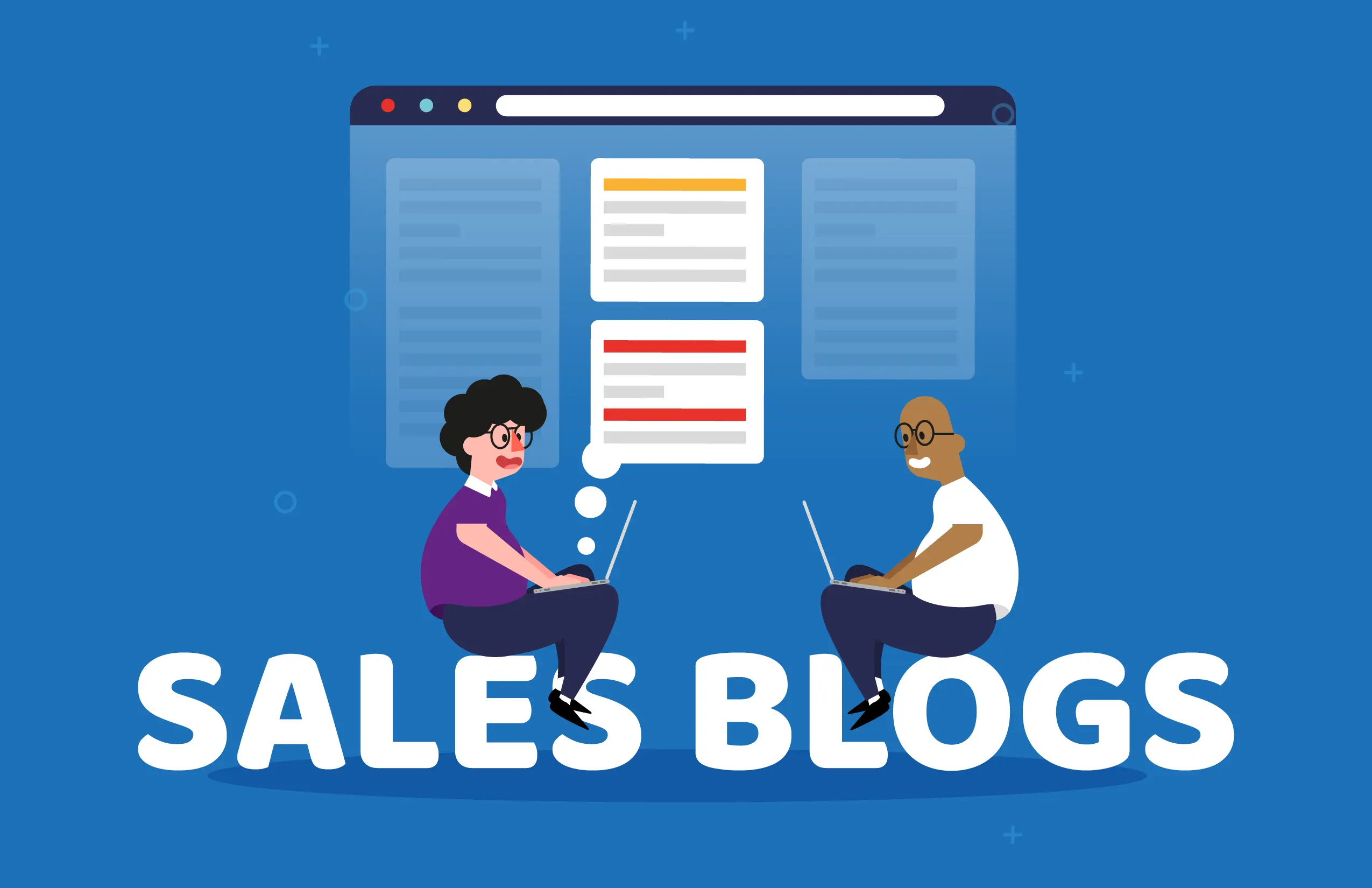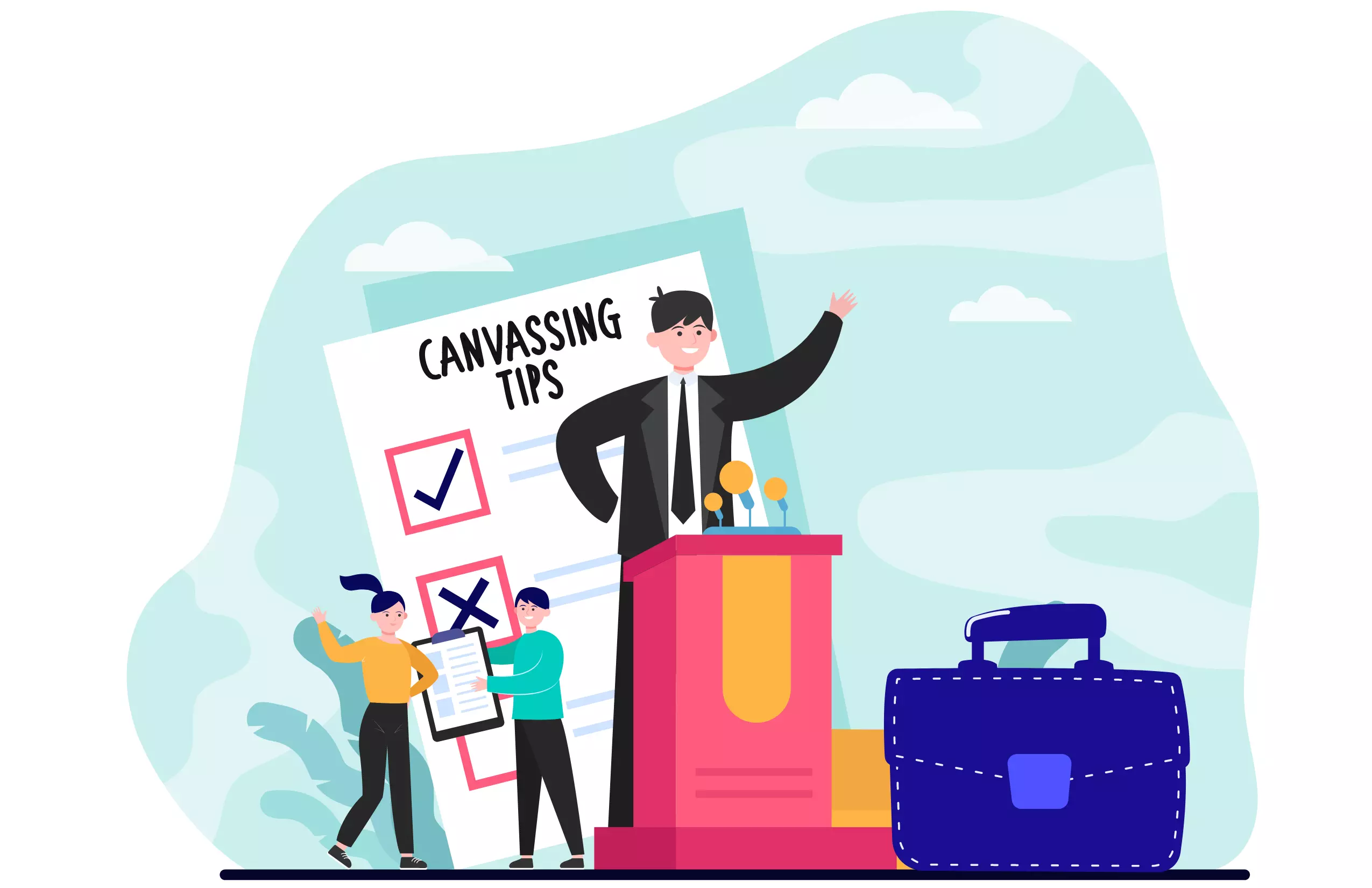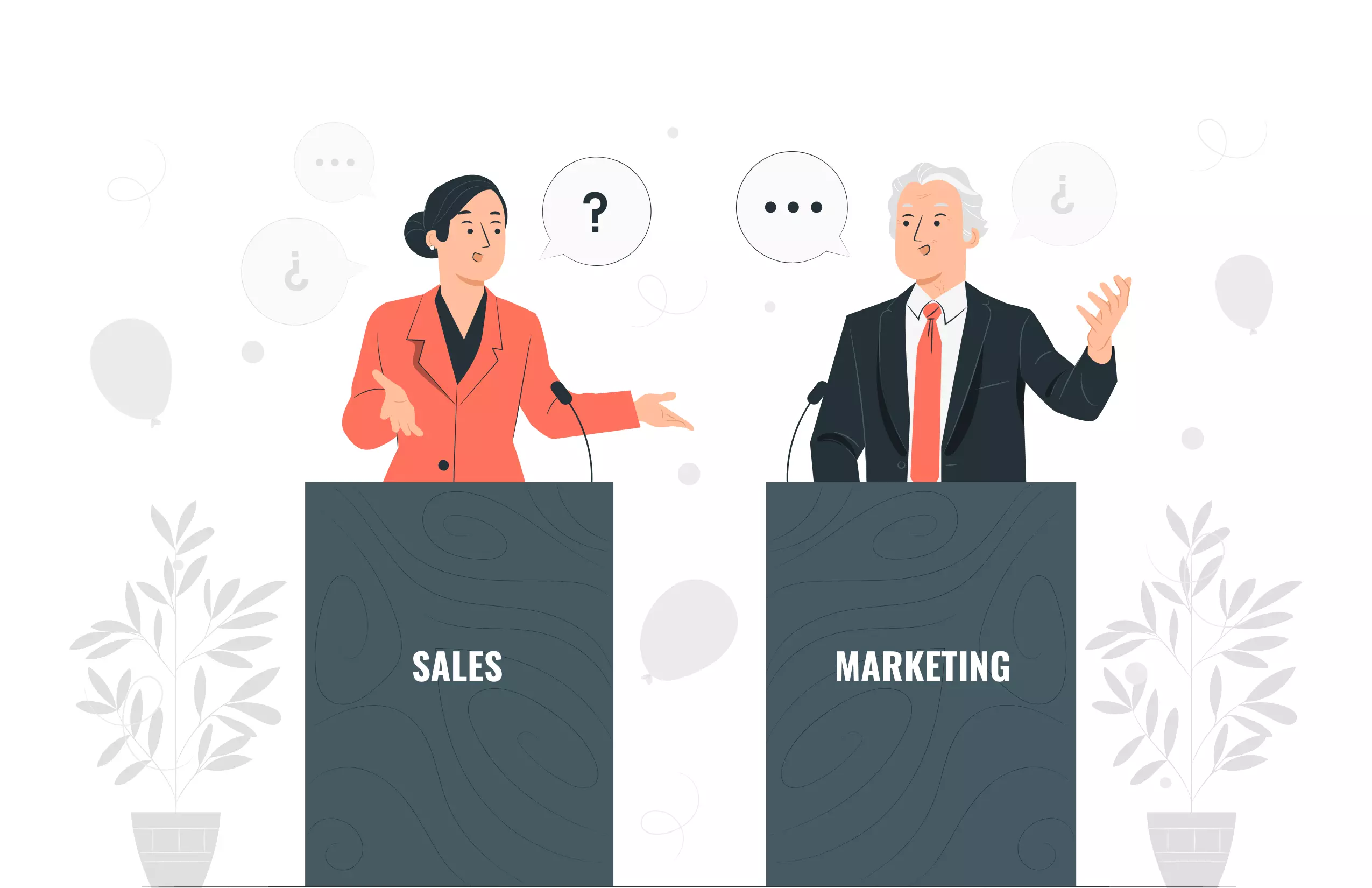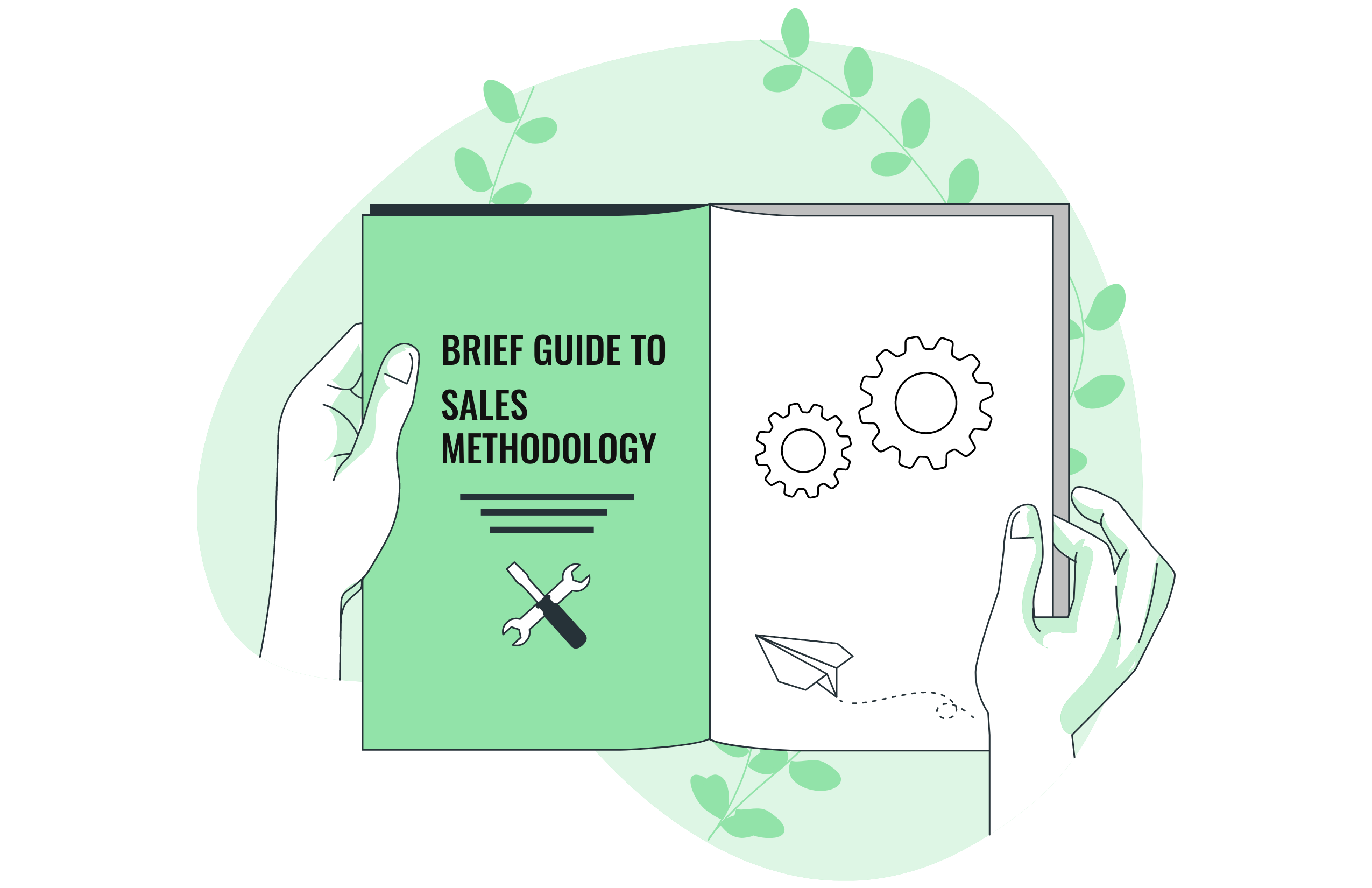
How to handle objections in sales
Table of Contents
What is a sales objection?
A sales objection is an indicator that a potential customer won’t buy a good or service from the salespeople. Sales objections are rarely communicated to tell salespeople “no”. Some sales representatives make the mistake of interpreting a sales objection as a friendlier form of rejection. Any sales objection, however, will be seen positively by a marketing executive.
It indicates that the potential client is open-minded and eager to learn more rather than embracing the relationship. Sales representatives might reap the benefits of the chance to understand more about their prospects and figure out to send a clear signal to soothe their doubts.
Why is objection handling important?
The majority of sales calls are greeted with at least one sales objection, as many salespeople will confirm the deal. Your sales team can influence potential customers who are on the edge about your product or service by conquering sales objections. Common sales objective responses can address the majority of the most prevalent sales objections.
Prospective customers will believe that they have no reason to not buy your product/service when there aren’t any sales hurdles. The handling of sales objections must be done immediately. One of the biggest obstacles to completing agreements is ignoring sales objections. If customers hold on to their objections into the final laps, it will grow more troublesome and be more complicated to resolve.
How to handle objections in sales?
A good sale usually happens because the product or service you sell was within the prospect’s budget, you had the authority to convince them, they genuinely needed the service or product, and the timing was appropriate.
No matter whatever stage of the sales cycle you’re in, from the preliminary prospecting sales call to the concluding sales meeting, you and your sales team must be competent at handling objections.
Here are some of the most effective ways to deal with sales objections.
Listen attentively
Your prospect must assume that you understand their worries if you want to establish trust with them. Leave some space for them, prevent them from speaking in between, and spend time actively listening to appreciate their concerns. You can handle objections more successfully if you grasp their objectives, driving forces, goals, and fear. The best outcome will be accomplished for all sides with the assistance of a real connection with the prospect.
Replicate the prospect’s objection
Salespeople can use mirroring, which is the deliberate repetition of your opponent’s words, as one of several conflict management styles to establish rapport and assist clients to feel understood. Simply repeat the customer’s problems back to them after they object to guarantee that you received them correctly from the beginning.
Find the real objection
Frequently, a potential customer’s original assertion is not the main barrier preventing them from making a purchase. Instead, it’s a covert safety measure that the prospect suspects will make it harder for you to go on.
Enquiring the prospective buyer “If I could fix that issue for you, what extra hurdles are delaying you from moving forward?” is a smart approach to disclose their real concern. The true objection you need to address is presumably the one answer to that question. You can identify that the prospect has no more obstacles in the way if they declare that their initial complaint was their real objection.
Recognize the prospect’s worries by showing empathy
One of the best ways to handle any type of argument is to empathize with your prospect and let them know that you get where they’re coming from. After you’ve done that, the potential client will be less resistant to your offer and more open to it. For example, you might say, “I am aware of the stress that could come with learning a new workflow methodology”.
To ensure the transition process is as effortless as it can be, we have ensured that our support team has fully equipped with the technology to handle the issues and fixes them accurately when the customer feels about the staff handling the product.
Challenge price objections
The phrase “I’m sorry, but the price is too expensive” is one of the most typical arguments you and your sales team will confront. To manage this well-known retort, avoid engaging the prospect in a game of numbers and instead rephrase their pricing complaint to demonstrate that your product’s value is worth the price. Wrap up all the ways your product satisfies their needs and mitigates their problems.
Put the prospect’s doubts at ease with evidence.
You’ll soon understand that numerous prospects voice the same concerns. If you are familiar with these typical sales arguments, be ready with confirmation that you have satisfied clients who had similar worries earlier. You could just discuss your present clients in narratives, but case studies and customer testimonials are indeed a smarter move.
Request open-ended questions as a follow-up
Asking follow-up questions will enable you to keep the conversation moving while also helping you find the best strategy to tackle the sales obstacle. Asking a follow-up question with a simple “yes” or “no” response can swiftly put a stop to a fruitful sales conversation, so use open-ended queries to give your prospect the chance to elaborate on their demands and issues.
Bottomline
Sales objections can sometimes be surmounted. In actuality, sales objections provide a chance to more fully comprehend your prospect and identify their problems.
The more you know about a prospect, the better it will be for you to gain their trust and showcase how your product may benefit their company. You may well be prepared for common sales objections by formulating a strategy for dealing with them before they arise during a sale.

